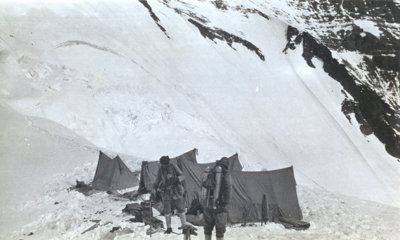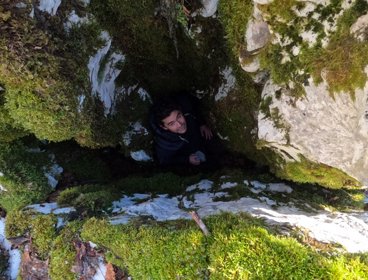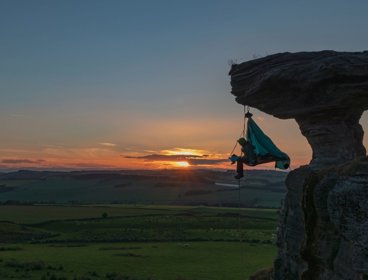One hundred years after George Mallory and Sandy Irvine disappeared near the top of Everest, Stephen Venables, the first British climber to reach the world’s highest summit without supplementary oxygen, will recount his own ascent in the light of the first pioneering attempts.
In his view the most remarkable of those early expeditions was the 1921 Reconnaissance. At that time there was no accurate map of Tibet, no European had been anywhere near the mountain and no-one knew whether it was possible for a human being to survive at nearly 9,000 metres above sea level. It was one of the greatest journeys in the history of exploration and the team succeeded in finding the way to the elusive North Col, the key to the summit. En route, they also became the first Europeans to visit the sacred Kama Valley, beneath Everest’s immense Kangshung Face, the East Face. Mallory commented famously that this gigantic 3,500 metres high wall was best left to ‘other men, less wise’. Nearly seven decades later Stephen succeeded in climbing a new route up the face, with a four-man Anglo-American team. It may have been unwise, but it was the adventure of his life.



